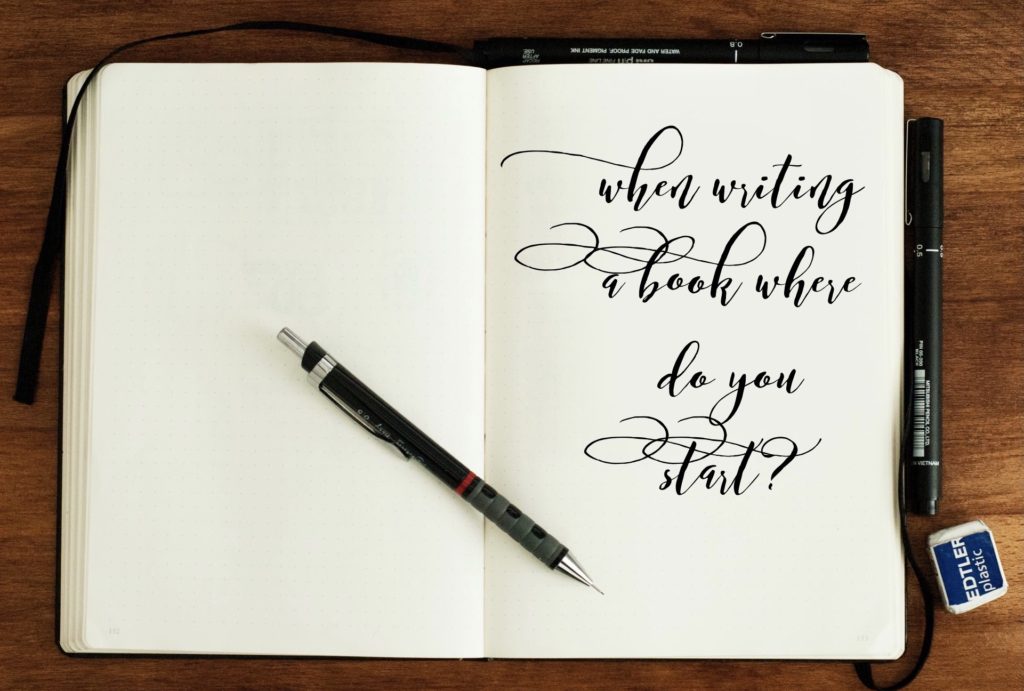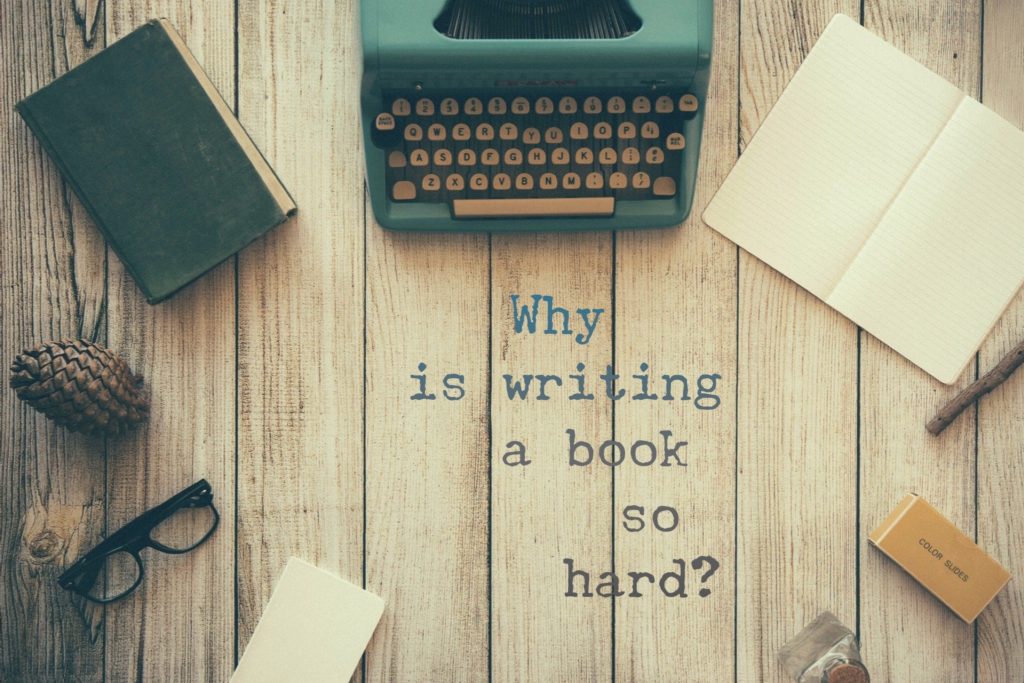I’m not a seasoned author, but I have written three books. I finished the first one 15 years ago (it remains unpublished); the second was a short e-book about storytelling that I published on Kindle a few years ago; the third is a work in progress (I am working on a second draft). But in my capacity as a developmental editor I am currently working with several authors to help them write business books.
Last week I mentioned the website AnswerThePublic and chose four of the most searched-for questions about writing to answer here. This week I searched for ‘writing a book’ and chose four more questions to answer. I don’t have any experience of writing a novel, so my frame of reference here is strictly non-fiction.
Q1: When writing a book where do you start?
I believe it’s a good idea to start by asking yourself the question, “What is the change in thought, knowledge or behaviour that I want for my reader as a result of reading this book?” If you can answer that question succinctly then everything included in the book will stem from and lead back to that.
If you have a clear central theme or concept then it makes it much easier to decide on content. Then you can start putting together a rough outline or framework with ideas for chapters and sections. I certainly wouldn’t sit down in front of a blank screen or page and expect myself to start from there.
When I wrote a memoir of my time as a music journalist I had to do a lot of research to uncover many of the interviews I conducted in the 1980s. It took a long time to piece together the timeline in order for the book to make sense, as it was written chronologically. This was quite arduous and I ended up not using a lot of the research but it was a process that I found worthwhile. Even though the book ended up not being published, it was like therapy for me and I also created a record of that part of my life, which I wouldn’t otherwise have.
With the book that I’m currently in the process of writing, I started with the idea of selecting words that had impacted me in positive and negative ways at different stages of my life and used that as my framework. And the answer to the key question I mentioned above was to encourage readers to think differently about language and its impact and how words can be weapons as well as bringers of beauty.
Beyond the central theme and basic framework or structure, I would say start where you feel like starting. What would you enjoy writing the most? Which section of the book do you feel most drawn to at the present moment? Then build it out from there. Write everything down without judgment. This is the time to be completely creative before you go into the editing process, so try to keep your inner critic in check.
Q2: Can writing a book make you money?
If you are very clear about your audience and have a platform to access that audience, I think it is possible to make money from a non-fiction book – but it shouldn’t be your primary motivation. It’s much better to see a book as a calling card, a way of establishing your authority in a particular area, or to build your business. Most people don’t make lots of money out of books – you have to sell in considerable volume to do that. We can’t all be Michelle Obama. Or her husband…
Q3: Why is writing a book so hard?
Writing a book doesn’t have to be hard, but a lot of people would say it is – especially first-time authors. If you’re asking this question you’re probably making the assumption that writing a book is hard, so be careful what you wish for!
I have encountered people who don’t expect writing a book to be hard and only discover later on that it’s an uphill struggle. But writing a book can be easy and enjoyable if you’re clear on what you’re writing about, why you’re writing it and who you’re writing it for.
The hardest part of writing a book is getting it to the stage where it is publishable, and that’s where you need the support of experienced editors and other professionals. You need that quality control, especially if you don’t have any experience in the craft of editing. At the very least you need friendly readers who are prepared to give you honest and constructive feedback.
Q4: Should you write or type a book?
This is an interesting one. Julia Cameron, writing guru and author of The Artist’s Way, is a big advocate of writing by hand, and I believe she has written all of her books this way. On her website, she says: “Handwriting puts us in touch with our emotions. We learn how we feel about what we say. Writing by computer is a more shallow practice. It yields us speed and distance, but not the depth that we are looking for. Velocity is more often our enemy than our friend.”
Obviously if you do decide to write by hand your work will need to be converted into document form at some stage. I prefer to type, as I find it easy and natural (I touch-type, which many people don’t), but I also scribble notes on pads or use the notes app on my iPad or iPhone and also the recording function if I want to quickly speak out an idea. I also use mind maps to figure out structure.
In the end, it depends what works for you. I don’t think that one way is better than the other – but the author of 40-plus books (Julia Cameron) might disagree!


Leave a Reply